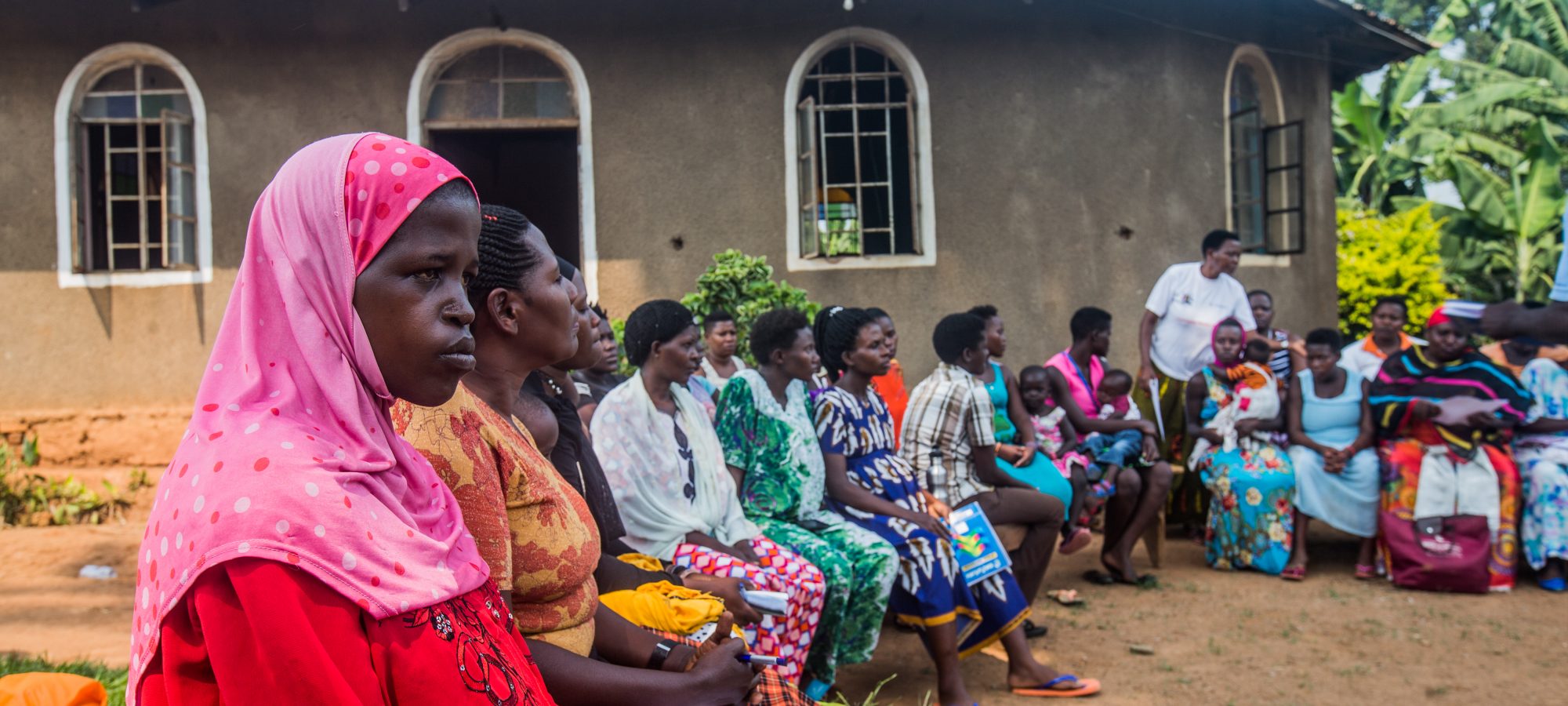As we enter a new decade and the long run to the finish line of the Sustainable Development Goals, we asked colleagues from around our organisation about what they felt are some of the biggest issues and what might be put in place to accelerate progress towards achieving SDG 3.
Climate change
“We are already seeing the effects of global warming with massive storms, flooding and fires. Climate change has an enormous impact on hindering the progress we are making toward improving global health indicators and SDG 3. It causes the displacement of people and reduces access to quality health care. In addition, deforestation leads to a shift in wildlife populations, which contributes to the growth in zoonotic diseases and pandemic threats such as Ebola, hanta virus, plague and SARS.”
Madeleine Marascuilo-Rice, Case Management Specialist, Malaria Consortium US
“People underestimate the future impacts of global warming and the indirect impact on health issues, so simply by being more responsible in managing our earth will bring about major returns in public health and social well-being. Think of city smog and pollution in Asian cities, floods, fires and migrations – they all have an impact.”
Dr Leo Braack, Senior Vector Control Specialist, Malaria Consortium Asia
Security
“The persistent issue of security and unstable situations in communities will continue to affect us. People feel unsafe in certain locations and it becomes difficult to operate. We will continue to work with support from local governments and community authorities.”
Temba Gborie, Field Coordinator, Malaria Consortium South Sudan
Equity
“We won’t achieve SDG 3 unless we pay more attention to women and girls and strive to ensure their voices are heard more.”
Dr Lola Mabogunje, Project Director, SuNMaP 2 Nigeria
“The SDGs encourage us to achieve Universal Health Coverage and to extend health services to hard-to-reach and marginalised populations, such as nomadic communities or internally displaced persons. We will need to step up our efforts to reach out to those populations and to make our programmes as accessible and equitable as possible.”
Christian Rassi, SMC Programme Director, Malaria Consortium UK
Dengue
“The rise of dengue as an escalating global public health challenge is not being adequately addressed or acknowledged. This should receive far greater attention in 2020.”
Dr Leo Braack, Senior Vector Control Specialist, Malaria Consortium Asia
Health infrastructure
“To achieve SDG 3, there is a need to improve health infrastructure and therefore increase access to healthcare services. It is good to have a healthcare facility at each population centre, and that also requires proper land planning and collaboration with local authorities.”
Chea Thy, Project Manager, Malaria Consortium Cambodia
International funding and cooperation
“Good coordination and collaboration mechanisms among governments, implementing partners, key stakeholders and communities, as well as international donors, are important to achieving SDG 3. Without good coordination and collaboration, SDG 3 cannot be achieved .”
Dr Myo Win Tin, Programme Manager, Malaria Consortium Myanmar
“In 2020, I would like to see increased funding support and greater attention given to maternal well-being. I also have the impression migration is going to increase as social challenges escalate and are compounded by climate change impacts and population growth impacts which will, in turn, impact food and water availability.”
Dr Leo Braack, Senior Vector Control Specialist, Malaria Consortium Asia
